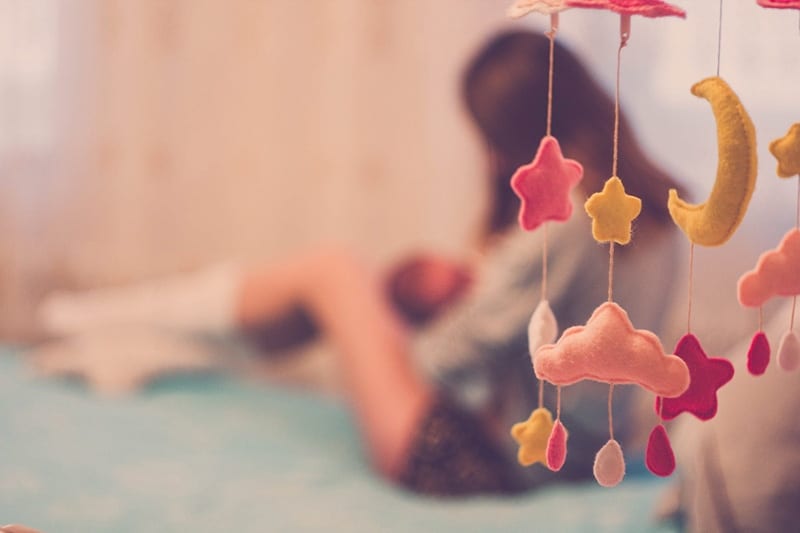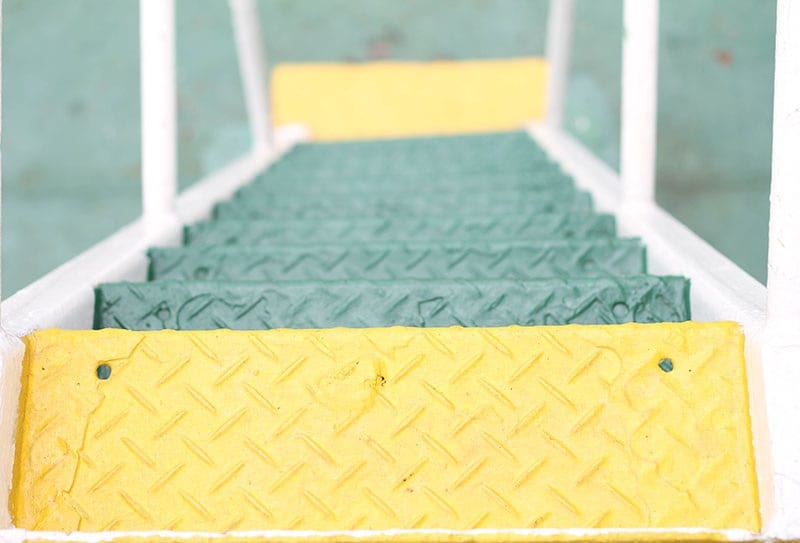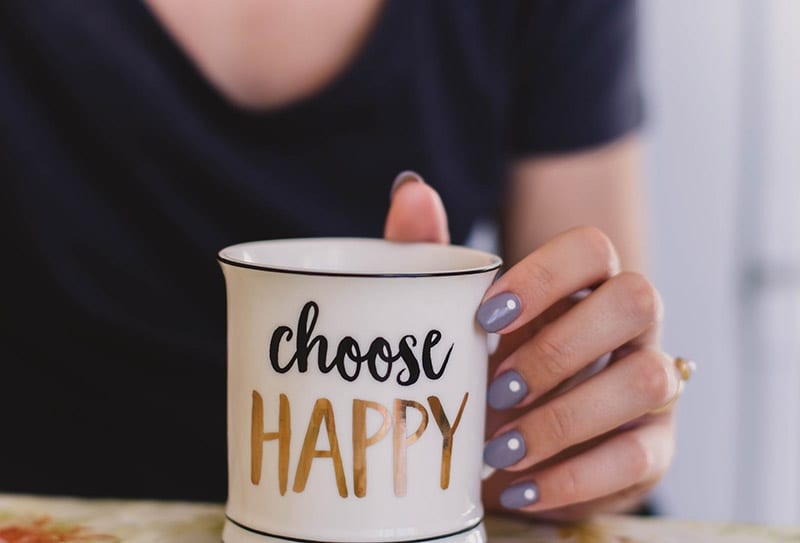It was a single accident that changed everything for Jane, and spurred her to leave her abusive husband. This is how she rebuilt her life.
This article is written by our volunteer writer, Mona Thyagarajan, MSW

Protect my children, above all.
It was one single incident that changed everything for Jane*. Her eldest daughter was accidentally hurt during a physical tussle between Jane and her husband. There had been many tussles, she had been subjected to the violence many times – but this was the first time her child had been hurt. She swore it would be the last.
It was this simple, powerful driver that spurred her into doing what she had wanted to do for so long – leave her physically and verbally abusive husband.
It was wanting a different kind of home for her two young daughters. A happy home. And a safe one.
How do you rebuild a life? How do you rebuild yourself?
In the beginning she dealt with crippling fear. She didn’t want to lose custody of the children. She wanted to be able to provide for them and give them a comfortable life. She was leaving violence, but jumping into an uncertain and unstable future, with no idea of what to do. She had nobody to turn to. No financial or family support.
But she did have her children.
“If I could get through it with my kids and build a home for them, it meant the world to me – and that was a huge breakthrough for me.” Jane recalls. She knew it wouldn’t happen overnight, so she resolved to take small steps day by day to build the life she wanted for herself and her children.
She started from her end goal and worked backwards. “So I need a place to stay. How do I find a place to stay? I need money to pay rent. How do I find the money? I need a job. How do I find a job? And so on,” she explains. “What’s the gap between what I need and how do I get there. Baby steps, not big steps.”

But rebuilding a life wasn’t easy and there were many struggles, not least of which was finding safe accommodation that she could afford. Until fairly recently, HDB rules meant that only one party could buy or own a subsidized flat within the first three years after divorce. Jane found herself having to rent from the open market, without any kind of family or government support and she could scrape together only enough to manage a one-bedroom flat. She and her two daughters shared. She worked two, sometimes three jobs at a time to make ends meet, taking on tuition and selling clothes online, whatever she could do to bring in extra cash. There were no luxuries in those days, no extra money and no extra time.
Financial struggles aside, there were other hurdles to cross.
She had to endure comments such as “why didn’t you leave sooner?”, “didn’t you see the danger signs in the beginning?” and “what did you do to provoke him?” from not just others, but also her own family members. She had to deal with her young toddler daughter’s struggles to adjust and constantly asking to see her father, as she couldn’t understand the situation. Jane had to spend a lot time with the youngest particularly, doing things together with her, anxious for her welfare.
In the midst of the challenges, there were unexpected blessings, both within the little family and from others. Jane had taken the Principal of her daughters’ childcare centre into her confidence, to ensure that her ex-husband did not attempt to remove the kids while she was working. This Principal would bring the kids home and give them dinner and look after them if ever Jane was delayed or working late.
“It wasn’t in her job scope, but she did it out of the goodness of her heart. That really helped. I could focus on my work knowing the girls were in good hands.” Jane says, “And having a handful of good solid friends whom I could trust, who didn’t judge me, also made a huge difference. ”
The experience also made mother and daughters closer than ever before. Jane and her oldest daughter talked a lot and Jane made sure she spent whatever time she could with her girls, communicating and doing activities together. For both her girls, she resolved to ensure they knew that she was always there for them and that they had her unconditional love.
One day at a time, one battle at a time, starting small, she managed it. And somewhere along the way, she found her voice.
It was at an empowerment workshop with AWARE that Jane first spoke about her experience as a survivor of domestic violence. She was surprised at how people found comfort in her sharing. Since that first sharing, Jane has spoken often about her experience and has worked with other survivors.

Looking back, Jane knows what spurred her to move on and keep moving, despite the struggles and challenges.
“Having the freedom to rebuild my life with my children was liberating and empowering. And coming home to my girls made it worthwhile. Knowing they were safe made it all worthwhile.” Jane said quietly.
The last verse of poet Maya Angelou’s “Still I rise” contains these lines :
Leaving behind nights of terror and fear
I rise
Into a daybreak that’s wondrously clear
I rise
It is in how she rebuilt herself and her life that Jane is defined, not as a victim.
Not only is there survival after domestic violence – there is life.
*Names have been changed to protect their privacy.
This article is written by our volunteer writer, Mona Thyagarajan, MSW

Protect my children, above all.
It was one single incident that changed everything for Jane*. Her eldest daughter was accidentally hurt during a physical tussle between Jane and her husband. There had been many tussles, she had been subjected to the violence many times – but this was the first time her child had been hurt. She swore it would be the last.
It was this simple, powerful driver that spurred her into doing what she had wanted to do for so long – leave her physically and verbally abusive husband.
It was wanting a different kind of home for her two young daughters. A happy home. And a safe one.
How do you rebuild a life? How do you rebuild yourself?
In the beginning she dealt with crippling fear. She didn’t want to lose custody of the children. She wanted to be able to provide for them and give them a comfortable life. She was leaving violence, but jumping into an uncertain and unstable future, with no idea of what to do. She had nobody to turn to. No financial or family support.
But she did have her children.
“If I could get through it with my kids and build a home for them, it meant the world to me – and that was a huge breakthrough for me.” Jane recalls. She knew it wouldn’t happen overnight, so she resolved to take small steps day by day to build the life she wanted for herself and her children.
She started from her end goal and worked backwards. “So I need a place to stay. How do I find a place to stay? I need money to pay rent. How do I find the money? I need a job. How do I find a job? And so on,” she explains. “What’s the gap between what I need and how do I get there. Baby steps, not big steps.”

But rebuilding a life wasn’t easy and there were many struggles, not least of which was finding safe accommodation that she could afford. Until fairly recently, HDB rules meant that only one party could buy or own a subsidized flat within the first three years after divorce. Jane found herself having to rent from the open market, without any kind of family or government support and she could scrape together only enough to manage a one-bedroom flat. She and her two daughters shared. She worked two, sometimes three jobs at a time to make ends meet, taking on tuition and selling clothes online, whatever she could do to bring in extra cash. There were no luxuries in those days, no extra money and no extra time.
Financial struggles aside, there were other hurdles to cross.
She had to endure comments such as “why didn’t you leave sooner?”, “didn’t you see the danger signs in the beginning?” and “what did you do to provoke him?” from not just others, but also her own family members. She had to deal with her young toddler daughter’s struggles to adjust and constantly asking to see her father, as she couldn’t understand the situation. Jane had to spend a lot time with the youngest particularly, doing things together with her, anxious for her welfare.
In the midst of the challenges, there were unexpected blessings, both within the little family and from others. Jane had taken the Principal of her daughters’ childcare centre into her confidence, to ensure that her ex-husband did not attempt to remove the kids while she was working. This Principal would bring the kids home and give them dinner and look after them if ever Jane was delayed or working late.
“It wasn’t in her job scope, but she did it out of the goodness of her heart. That really helped. I could focus on my work knowing the girls were in good hands.” Jane says, “And having a handful of good solid friends whom I could trust, who didn’t judge me, also made a huge difference. ”
The experience also made mother and daughters closer than ever before. Jane and her oldest daughter talked a lot and Jane made sure she spent whatever time she could with her girls, communicating and doing activities together. For both her girls, she resolved to ensure they knew that she was always there for them and that they had her unconditional love.
One day at a time, one battle at a time, starting small, she managed it. And somewhere along the way, she found her voice.
It was at an empowerment workshop with AWARE that Jane first spoke about her experience as a survivor of domestic violence. She was surprised at how people found comfort in her sharing. Since that first sharing, Jane has spoken often about her experience and has worked with other survivors.

Looking back, Jane knows what spurred her to move on and keep moving, despite the struggles and challenges.
“Having the freedom to rebuild my life with my children was liberating and empowering. And coming home to my girls made it worthwhile. Knowing they were safe made it all worthwhile.” Jane said quietly.
The last verse of poet Maya Angelou’s “Still I rise” contains these lines :
Leaving behind nights of terror and fear
I rise
Into a daybreak that’s wondrously clear
I rise
It is in how she rebuilt herself and her life that Jane is defined, not as a victim.
Not only is there survival after domestic violence – there is life.
*Names have been changed to protect their privacy.




















